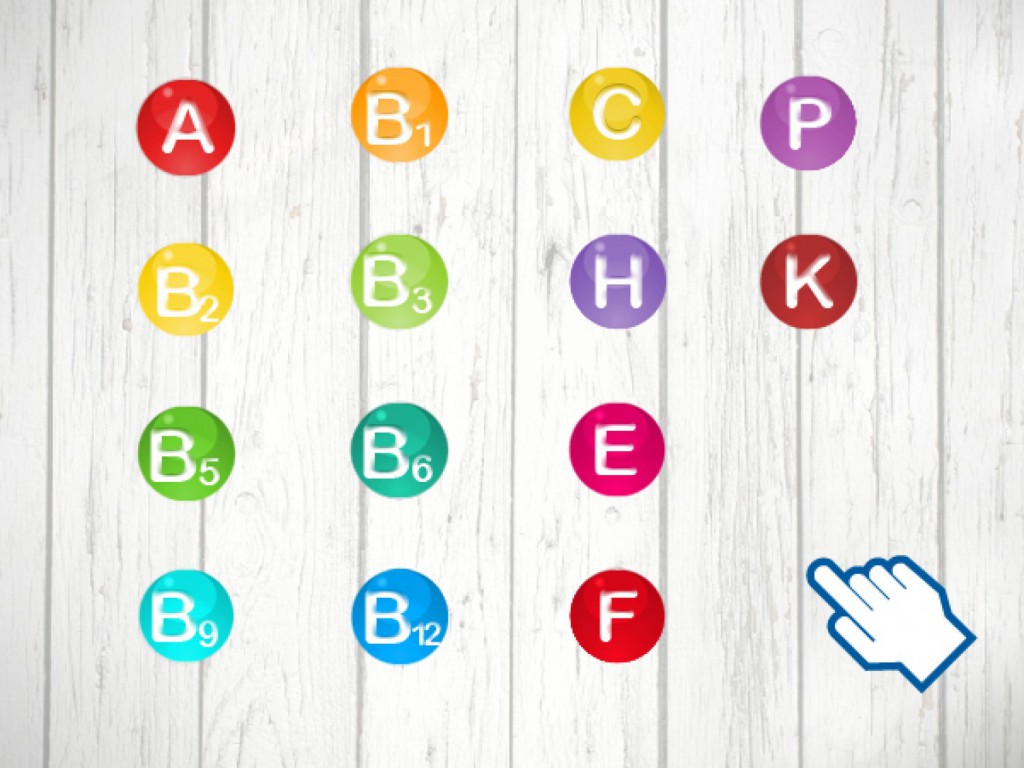How Vitamins Affect Male Libido
Problems in bed happen to almost every man once in a while, and age isn’t necessarily a reason why your sexual life isn’t as successful as you want. Even though statistics suggest that men over 50 are more likely to face issues with erection, extra weight, high blood pressure, stress, anxiety and depression, and other physical and emotional problems can contribute to a sexual fiasco of even 30+ males.
In some situations, supplements and vitamins might give you a helping hand. But to avoid further disorders and get rid of the problem for good, you should look at the picture on a large scale. Don’t hesitate to tell your physician what’s really going on and don’t be shy to give detailed answers to his questions. The more your doctor knows about your problem, the more accurate diagnosis you’ll have.
Before considering any supplement, consult a specialist and don’t fall for a random advertising campaign. There are additives focused on men and women that target different problems, and what might work for some men won’t necessarily work in your case. When you’re ready to give supplements a shot, ask your doctor which one would be good for you.
What Impacts Male Libido
A low libido isn’t something that most guys like talking about. There’s an idea that real men never have problems in bed, and even a sign of any failures between the sheets challenges their manhood and hurts their self-esteem. However, this belief is far from the truth. Low sex drive and an occasional erectile dysfunction are no less a medical condition than any other disorder. They happen for many reasons, both physical and psychological.
Physical issues that can lead to difficulties with getting an erection include prescription medicines and chemo treatment, low testosterone, inactive lifestyle or intense training, and alcohol and drug abuse. Depression, stress, anxiety, problems in the family or at work can also cause a low interest in sexual activity.
Testosterone is an important male hormone. A drop in its levels causes a decrease in your sexual desire. Decreasing levels of testosterone is a part of aging, and 5 out of 10 men over 45 have low testosterone. However, the decrease is a gradual process, and if you face a drastic drop, testosterone replacement therapy or supplement intake may be an option for you.

Men with Restless Legs Syndrome are also 50 percent more likely to develop erectile dysfunction than those who don’t have this disease. Chronic health conditions don’t contribute to your sexual life, and certain illnesses, for example, cancer, reduce your sperm production. Moreover, sleep pattern damage, such as obstructive sleep apnea, can also cause lower testosterone and eventually result in decreased sexual activity.
Depression and stress affect all spheres of a person’s life, including sexual behavior. People who are suffering from melancholia lack interest in activities they once considered enjoyable, sex among other things. Moreover, antidepressant treatment, especially intake of selective serotonin reuptake inhibitors, can lead to a low libido. If this is your case, consider changing your dosage or trying another medicine.
How to Treat
Treatment of low libido or erectile dysfunction depends on what causes your particular case. Your first step is to discuss the problem with your physician and have some necessary tests done, based on which the doctor may suggest you the following options:
- Change your lifestyle
- Get more exercise
- Get enough sleep
- Follow a healthy diet
- Find an alternative to your current medication
- Practice stress management
- Visit a family therapist
- Undergo relationship counseling
- Take the appropriate supplements
Vitamins and Supplements
After your doctor gives you the green light for supplement intake, consider the following vitamins which target erection problems and may help you get rid of your bedroom struggles.
Apart from fighting cough and boosting your immune system, Vitamin C also improves blood flow and ensures the proper synthesis of such hormones like androgen, estrogen, and progesterone, which are responsible for your sex activity. It’s not an aphrodisiac, meaning you have to be sexually aroused to get an erection, yet vitamin C does help your blood pump down there when you’re turned on, and also improves your fertility.
Folic acid is what you need to improve the health of your penis. It’s typically recommended as an additive for moms-to-be, but this component is also essential for men willing to keep the quality of their sperm at a high level.
Vitamin B3 ensures energy metabolism, meaning your lovemaking session will last longer. In addition, it helps produce sex hormones, improves blood circulation and keeps your erection long enough to have intercourse. Vitamin B6 also improves your sperm quality and intensifies your orgasms. Vitamin B12 is an option for those looking for a remedy to heighten sex drive. It enlarges blood vessels and lets you reach optimum orgasms.
Vitamin E is what your body needs in order to increase blood flow to your penis. It also helps produce sex hormones and ensures your erection. Zinc supplements, magnesium, selenium, and propionyl-L-carnitine, are your best allies when it comes to the successful sexual relationship.
Though scientific research suggests these vitamins boost your sexual drive, don’t expect an overnight result, as your body needs time to adjust to a new nutritional schedule. Just be consistent and patient, and nothing will ruin your plans for an intimate night.


